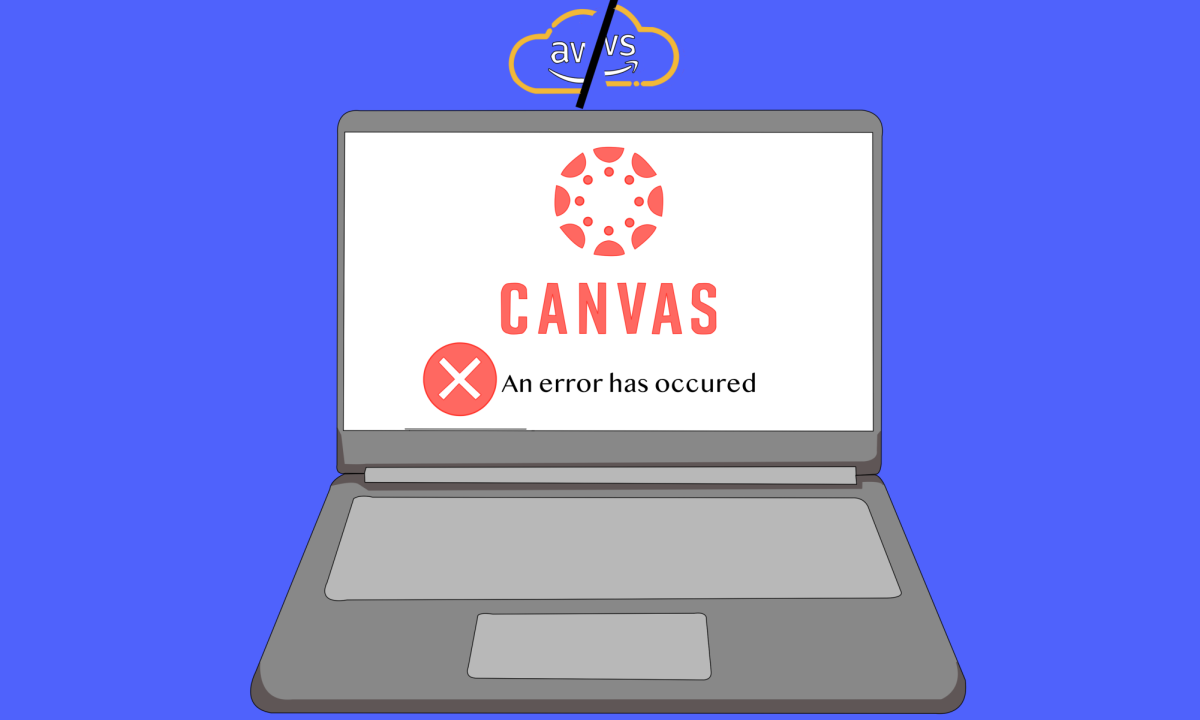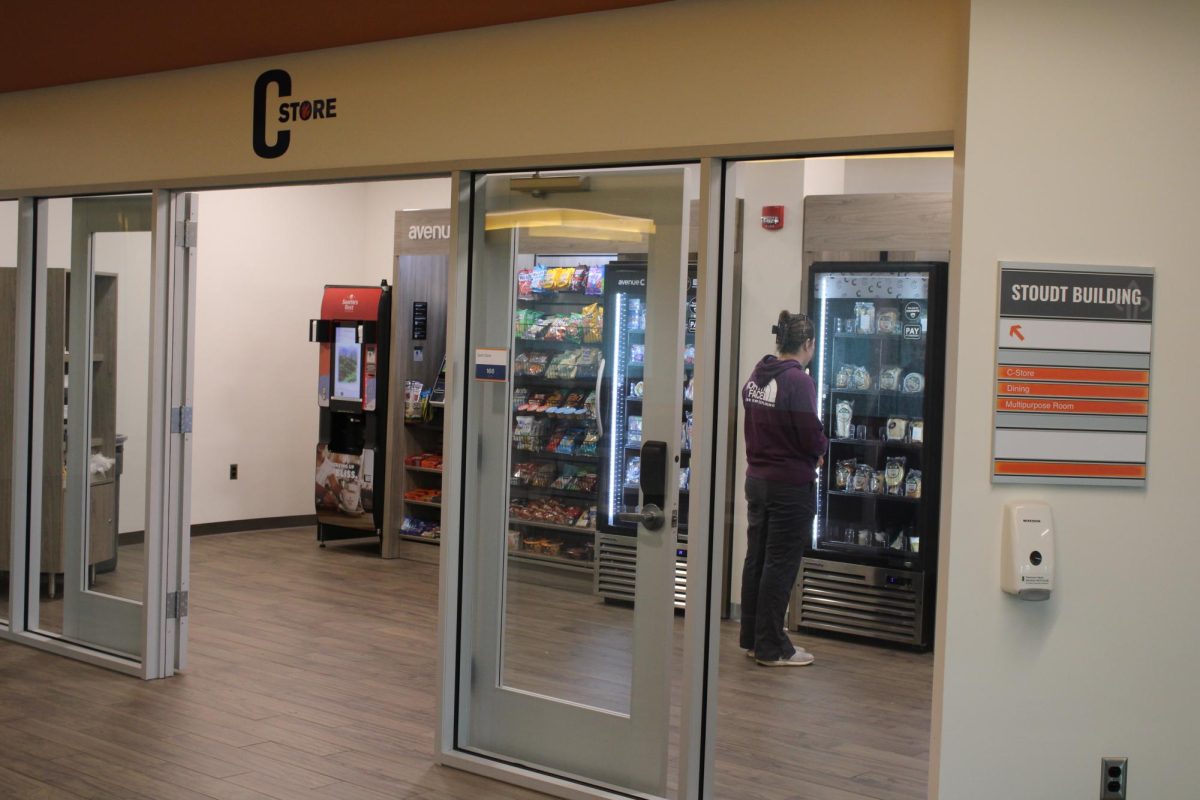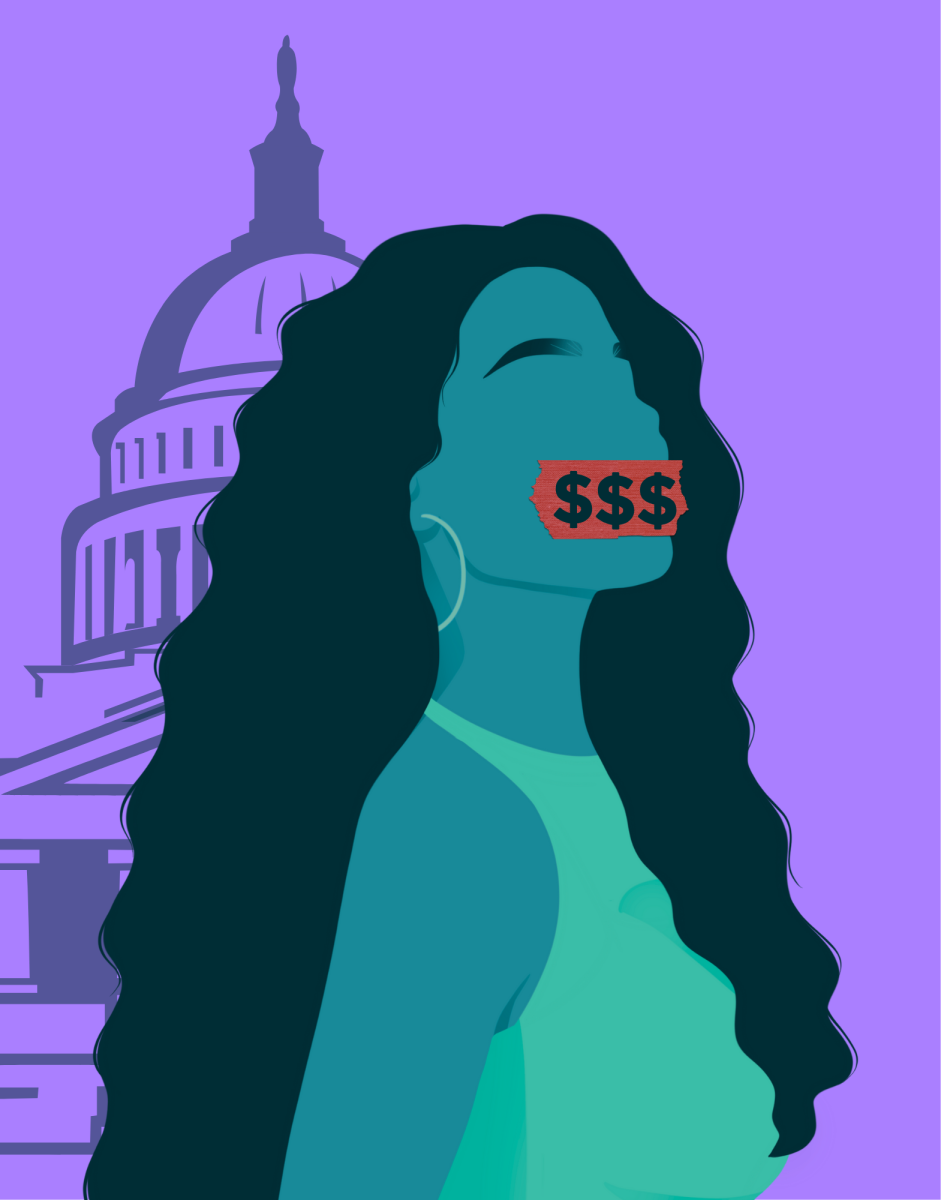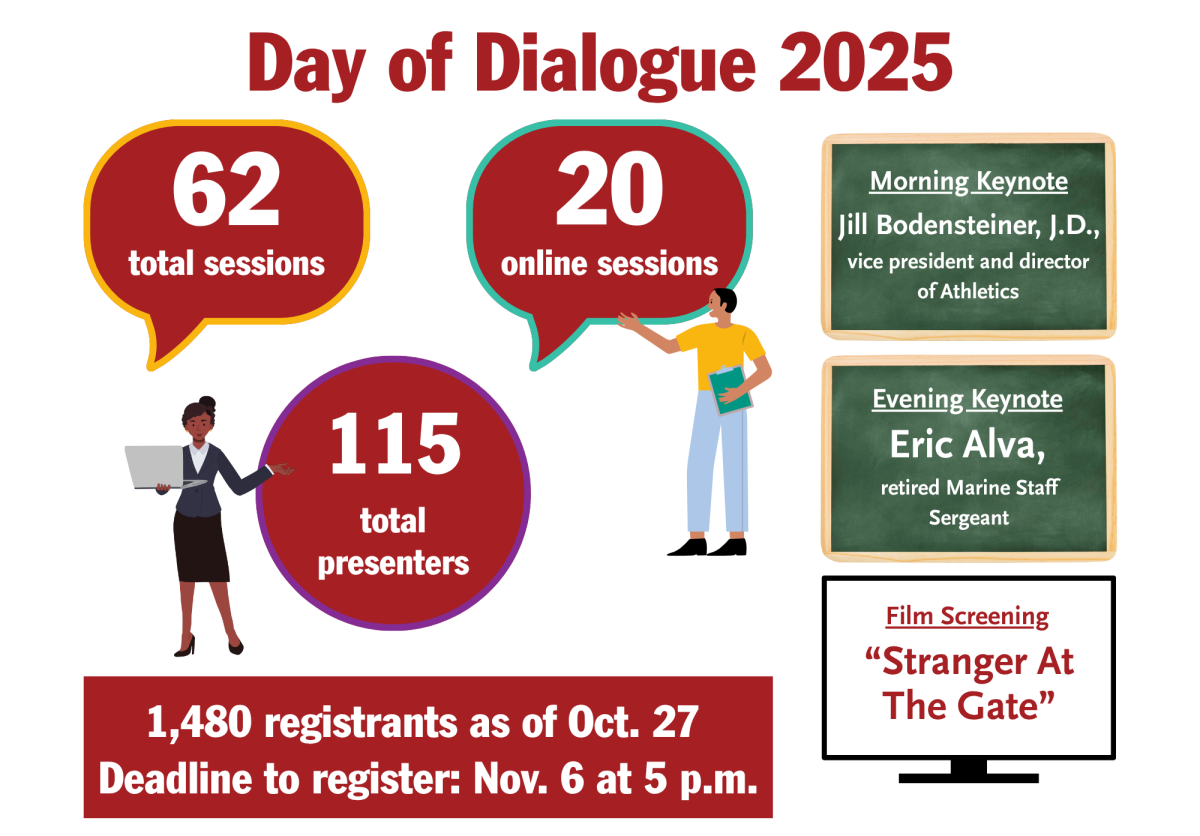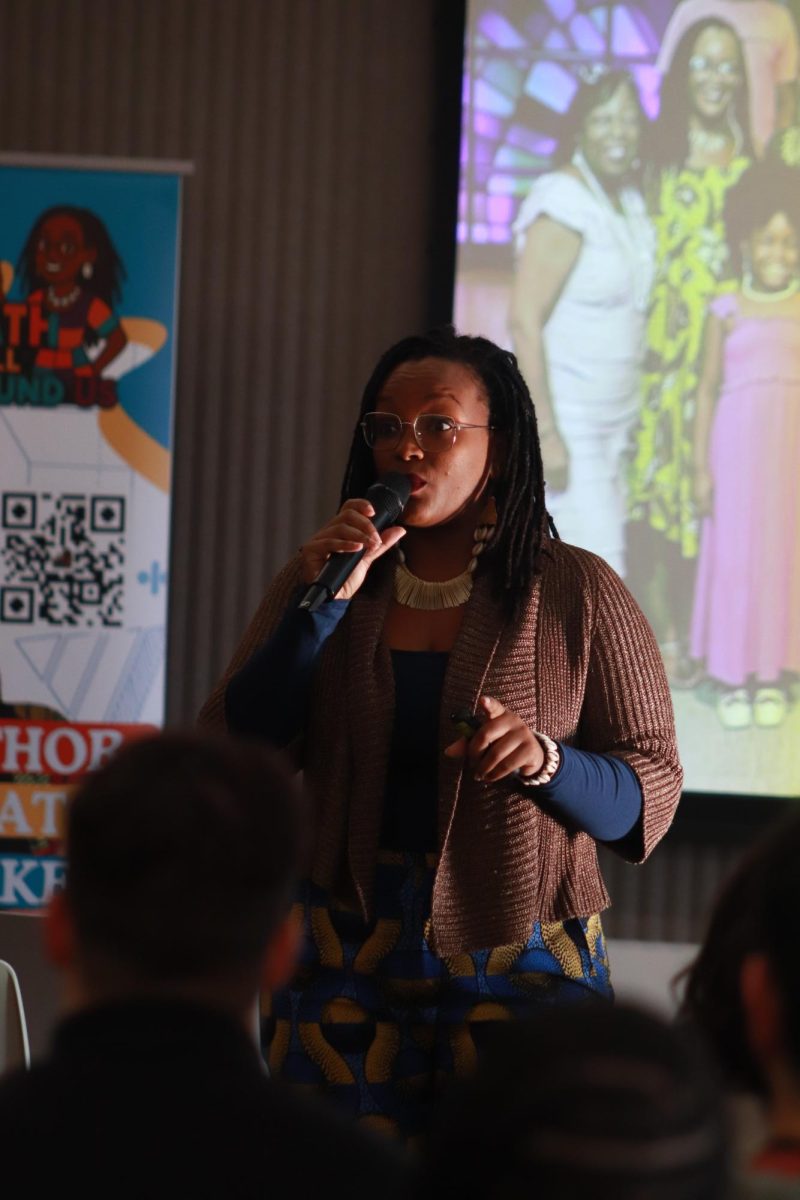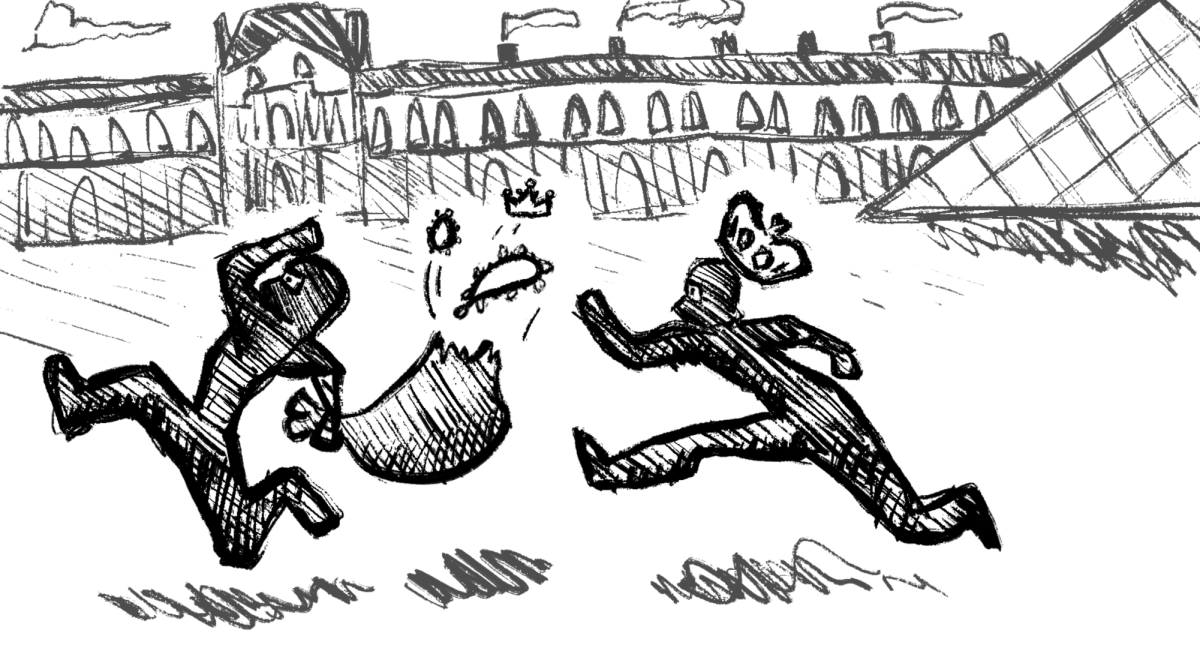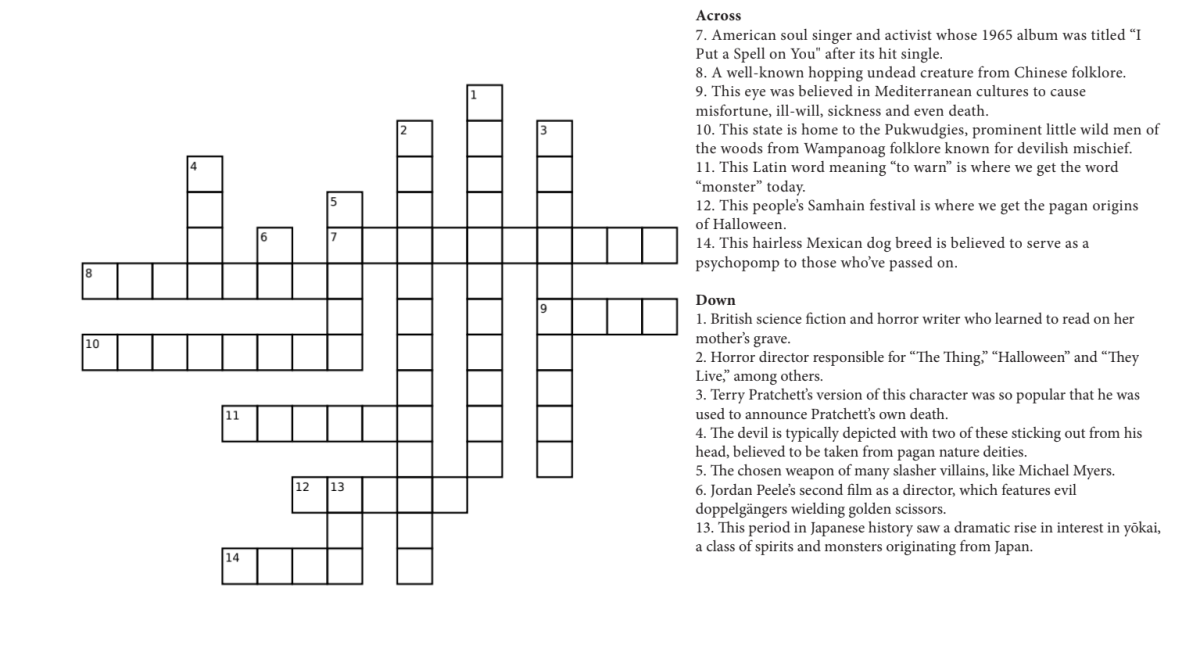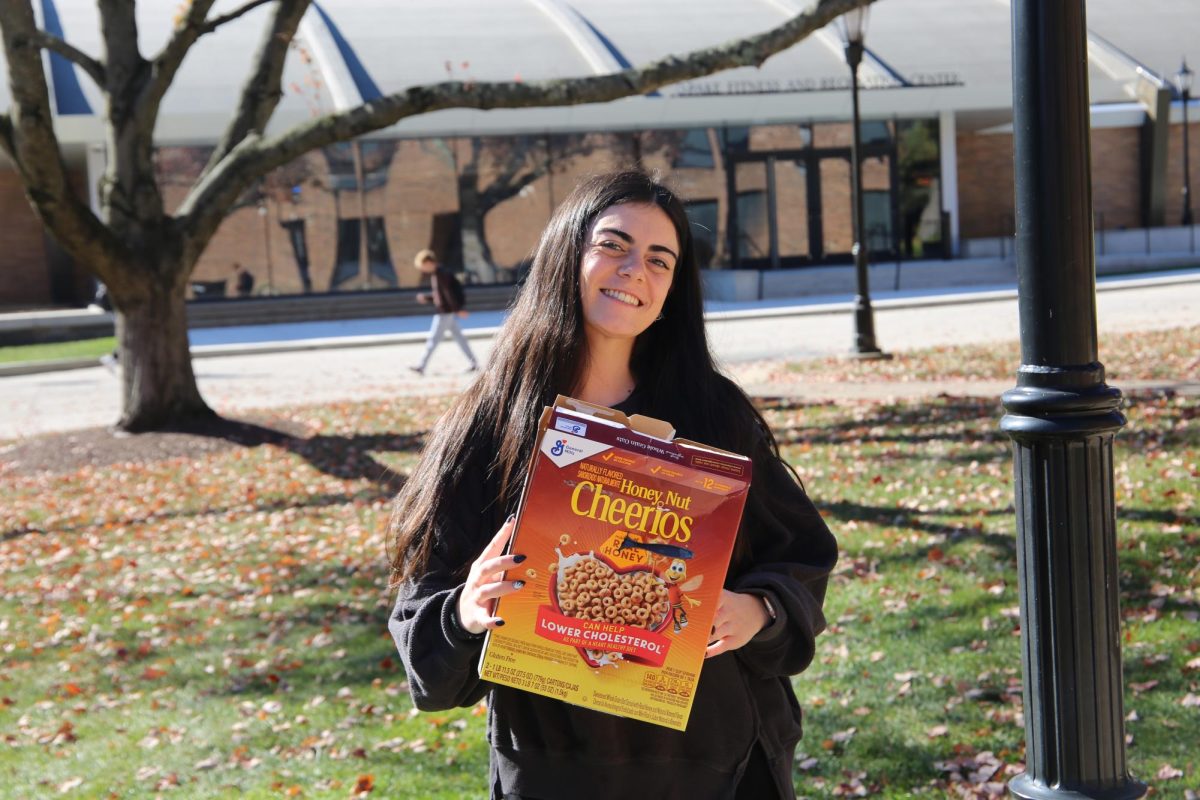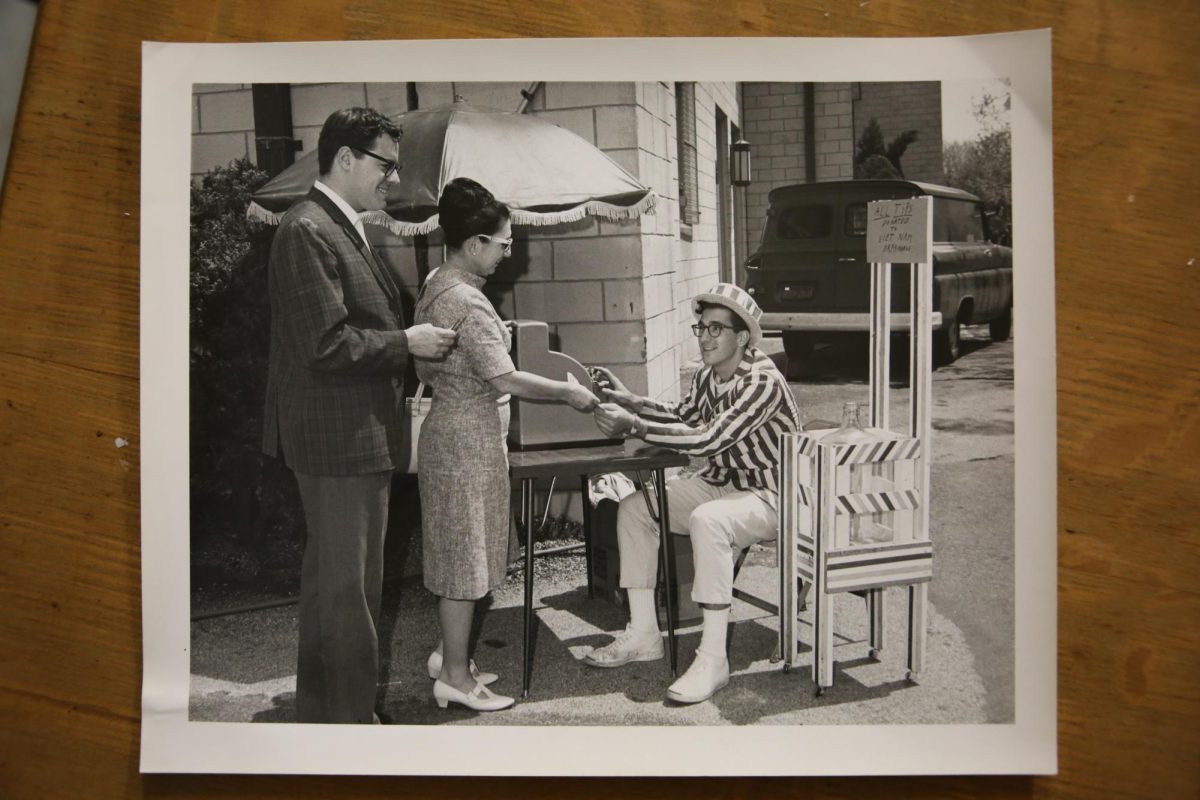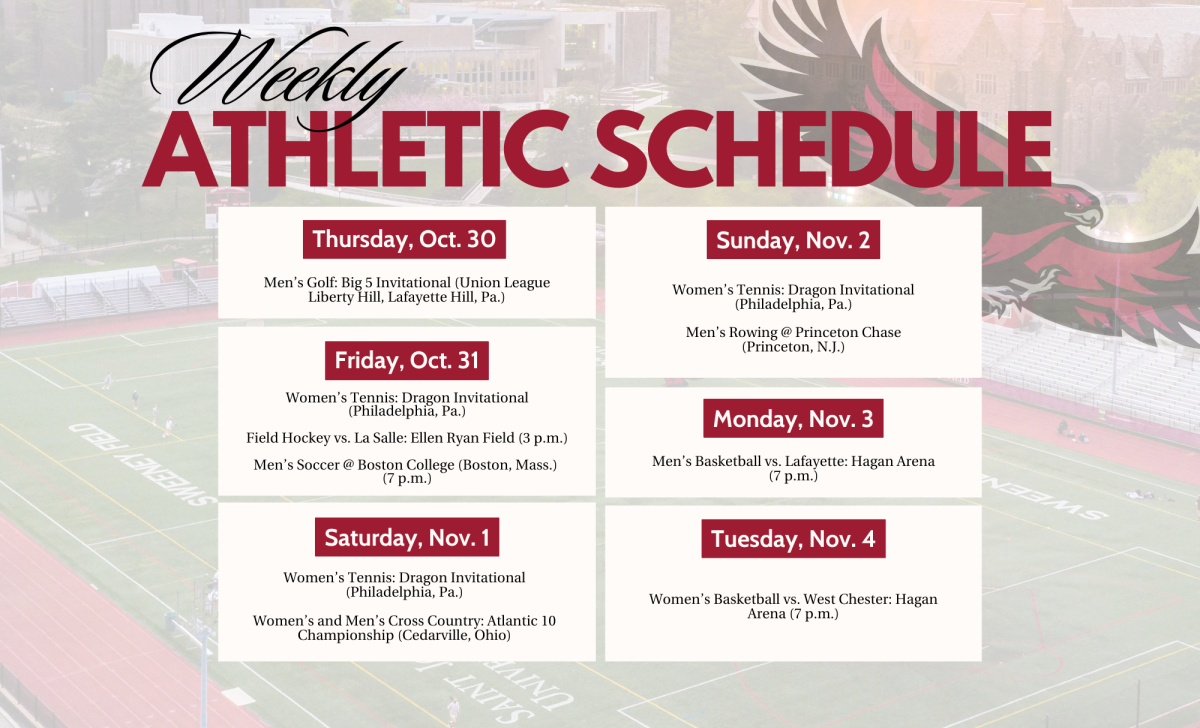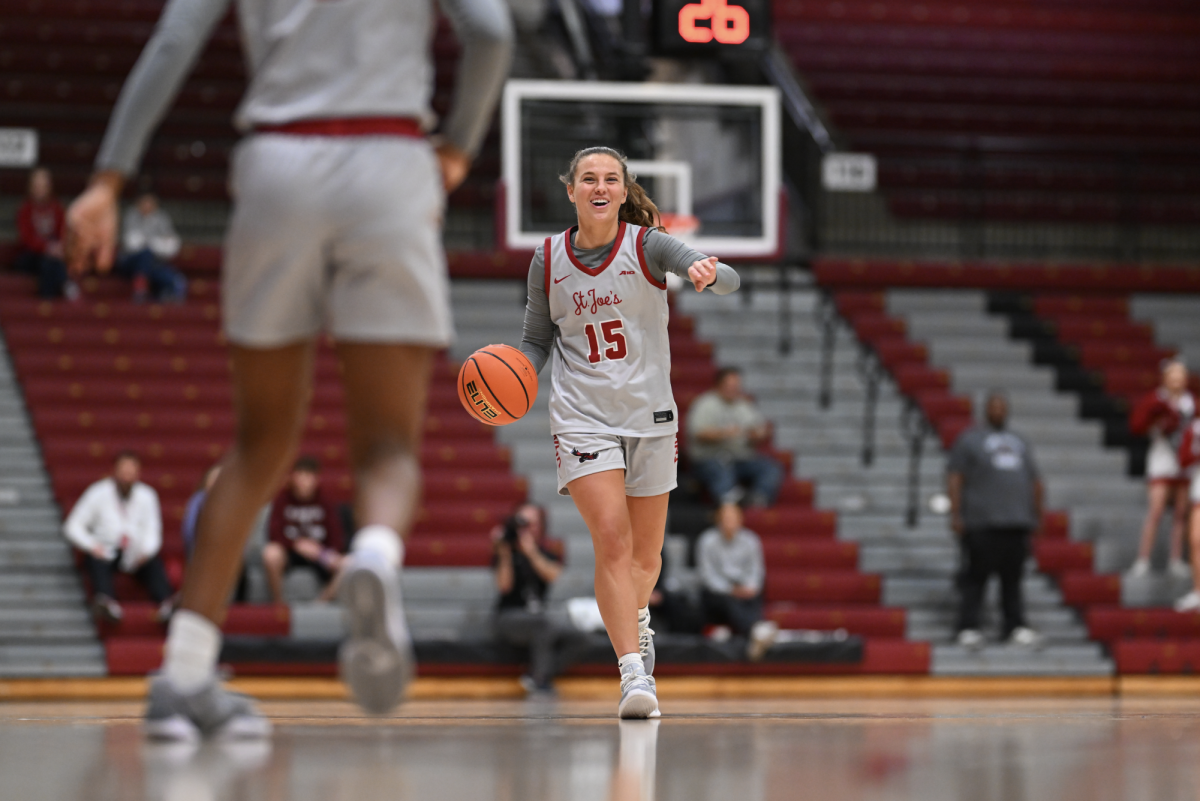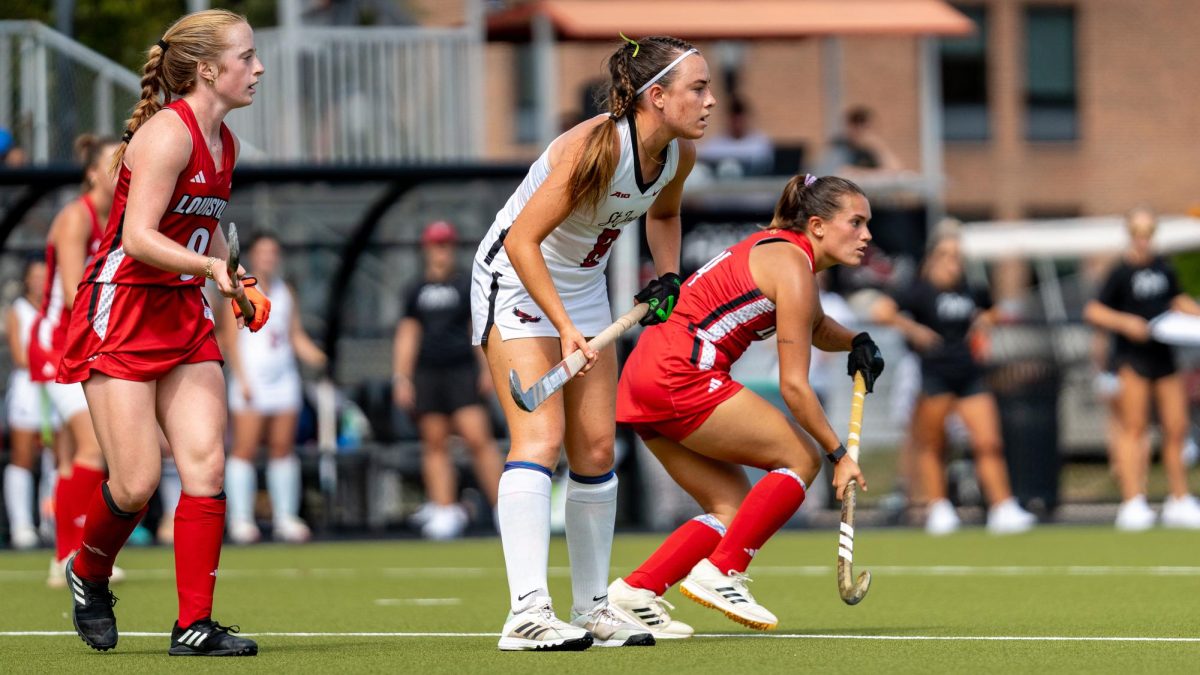The St. Joe’s Community Standards process is currently under review by a third-party consultant hired by University President Mark C. Reed, Ed.D.
Reed announced the consultant would review the community standards process after the reported “racial bias incident” that occured in the fall 2018 semester.
“The review is focused on the Community Standards process primarily as it related to bias, discrimination, and harassment—thus, the case from the fall semester is a focus,” Reed said in an email to The Hawk. “In doing so, I welcome the reviewer’s observations on the Community Standards process overall, including procedures and/or policies.”
The third party reviewer is Thomas C. Pellegrino, J.D., Ph.D, who was employed at Fairfield University from 2004 to 2018. He served at Fairfield as dean of students and vice president for Student Affairs before becoming the president-elect of Holy Cross High School in Connecticut. During the years 2004 to 2015, Pellegrino overlapped at Fairfield with Reed, who served in multiple upper-level administrative roles during that time.
“[I] Wanted someone who has a broad and deep understanding of Student Life, including policies and student conduct matters; has worked on diversity and inclusion issues in the past; and has a reputation and track record of trust, confidence, and respect of colleagues,” Reed wrote. “Having a law background and substantial experience as a former attorney was an added bonus. As a practical matter, the person also needed to be interested and available.”
Pellegrino, who is also a cousin of Karen Pellegrino, vice president of enrollment management, did not respond to a request for information.
Thomas Pellegrino is reviewing the current community standards process for when a bias incident is reported.
Natalie Walker Brown confirmed Pellegrino had reached out to her in her capacity as director for Student Inclusion and Diversity. Walker Brown said she is often one of the first people students talk to about racial bias incidents.
“I don’t know what the ins and outs are, but that process has commenced,” Walker Brown said. “I don’t know what the outcome is going to be. I don’t know what that looks like.”
New this semester already is a three-person Community Standards Board as opposed to the single hearing officer as has been the case in the past. Those serving on the board are chosen from the Community Standards Board (CSB), an 11-person board made up of four students chosen by their peers, four faculty members chosen by Faculty Senate and three administrators, selected by the vice president for Student Life.
“The three-person panel provides for multiple perspectives when determining whether or not there was a violation of the University’s Community Standards, and if there was a violation, the appropriate sanction(s),” wrote Bill Bordak, director of Community Standards, and Cary Anderson, Ph.D., vice president for Student Life, in a joint statement to The Hawk.
As The Hawk reported in the April 17 issue, two more “racial bias” incidents were reported to the Office of Public Safety this semester. In the one incident, the white respondent withdrew from St. Joe’s before a formal hearing. In the other incident, on April 4, students were reported saying the N-word in a song when David Andrews ’22, in the adjacent suite, banged on the wall and requested they stop. The students proceeded to call him the N-word.
Andrews’ Community Standards case went before the new three-person board on April 23. He noted there was one black person on the panel in addition to a graduate student and an administrator.
“I told them the story again,” Andrews said. “I’ve been telling the story to so many individuals. Sometimes it was like they were on my side, and sometimes it was like they weren’t.”
Andrews was told the process would conclude early this week.
Reed said he hoped the larger review of the Community Standards process would conclude in the next couple of weeks, but he was not sure how he would share information from the report.
“It is my intention to share a summary of his observations and any pertinent recommendations with the campus community after the process has concluded,” Reed wrote. “I must note, however, that if there is information shared which is protected by law, regulations, or policy (for example, personnel matters, student privacy rights, etc.) then I would not be able to share that information with specific detail.”

